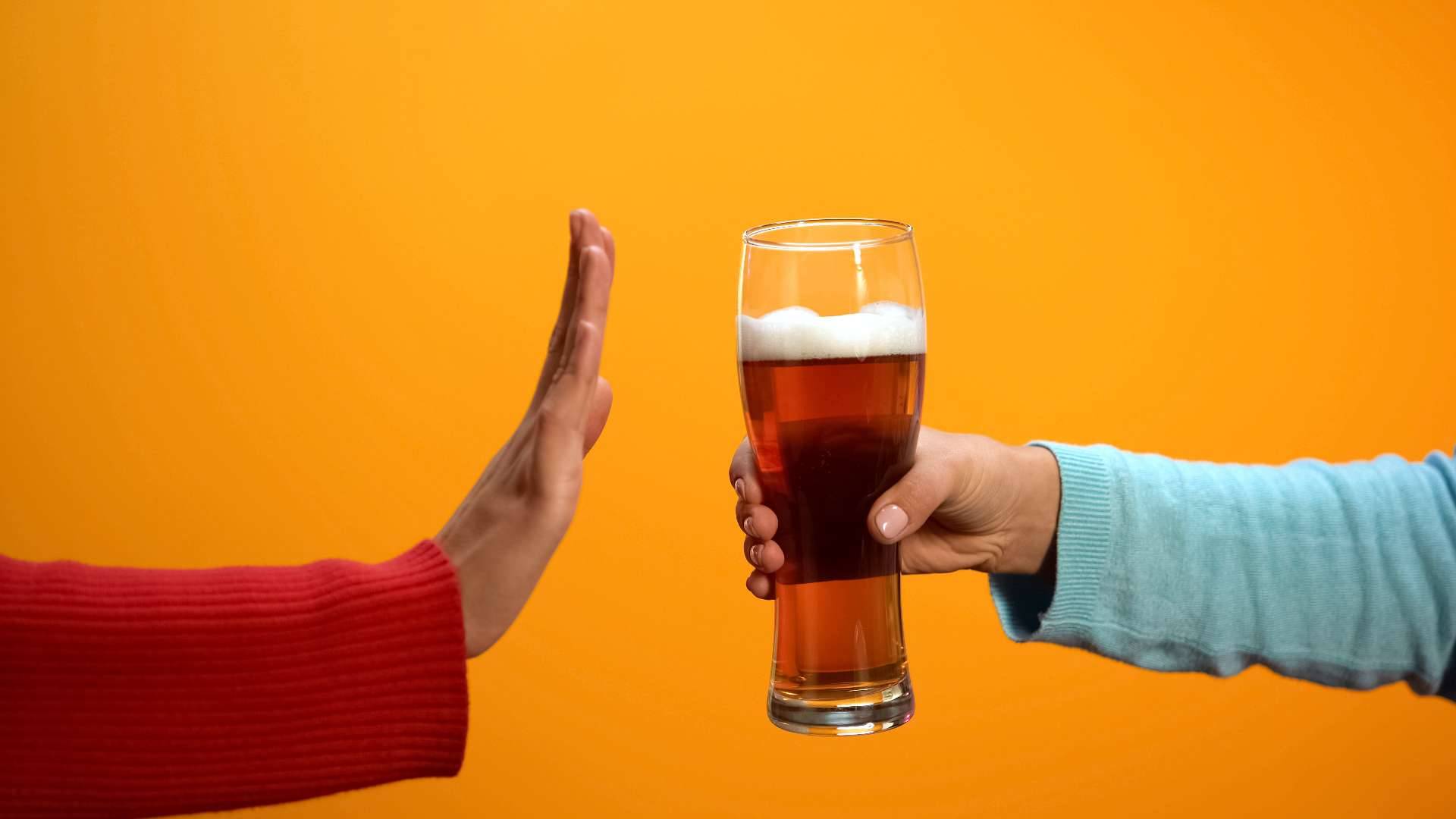
The Alcohol-Free World: Rising of No Low Drinks
ARTICLES | May 14, 2024
Humans have enjoyed alcoholic drinks for a long time. But consumer awareness of health gains means future consumers, especially Generation Z, will drink less alcohol. The beverage industry is turning to low-alcohol (up to 0.5% alcohol by volume) and alcohol-free options, including beer, wine, spirits, mocktails, and low-calorie, low-carb drinks.
Non-alcoholic beverages and liquor have led consumers to stop drinking alcohol since 2016, when alcoholic-free vodka, gin, tequila, and bourbon became widely available and popular. In January 2021, orders for non-alcoholic beverages were up 333% from a year earlier. The alcoholic-free beverages market totaled an estimated $882 billion in 2022 and is forecast to reach $1.36 trillion in 2030. Non-alcoholic wine, in particular, is expected to grow to $4.5 billion by 2031.
It’s not just Gen Z who are more likely to reject alcohol. The sober-curious movement among Gen Y is leading people to gradually quit. Housewives in their forties who joined Dry Together/Dry Month during COVID found they didn’t need alcoholic beverages. They formed a community looking for alternatives or new beverages such as juices or non-alcoholic beverages that contain supplements that help manage stress and cognitive function.
Implications for the future:
- Personalized non-alcoholic beverages will become a gift for building relationships or important occasions in the future.
- Technology for the beverage industry, or DrinkTech, will be highly competitive and active in the near future as tourism and hospitality recover by 2024, with alcohol manufacturers and distributors as the first-top players to determine the direction of the industry and the brand image of the alcoholic-free products.
- Policy and regulation of each country's beverage manufacturing and trading will be the key drivers in determining the overall picture of the beverage industry, both with and without alcohol.
- Government should support local industry and production of local products to enhance the local economy and build a national brand image.
Reference:
Want to get to know us more, click www.futuretaleslab.com and https://www.blockdit.com/futuretaleslab











